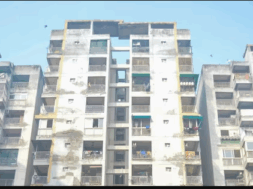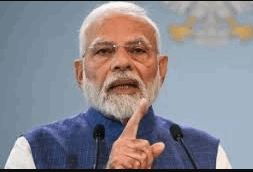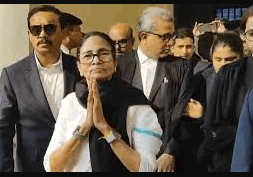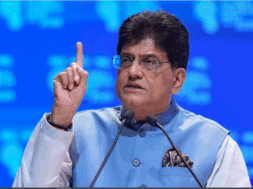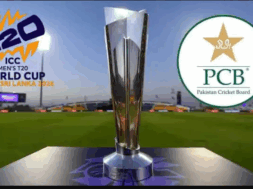
Manas Dasgupta
NEW DELHI, Oct 22: Both the ruling “Mahayuti” alliance and the opposition Maha Vikas Aghadi (MVA) in Maharashtra are learnt to have finalised the seat-sharing arrangements among them for the coming elections to the 288-member state Assembly, the party sources said on Tuesday.
Both the alliance groups comprise of three parties. While the Mahayuti led by the BJP include Shiv Sena faction led by the chief minister Eknath Shinde and the deputy chief minister Ajit Pawar led Nationalist Congress Party (NCP), the MVA is consist of the Congress, Shiv Sena led by Uddhav Thackeray and NCP led by the party’s founder president Sharad Pawar.
Under the seat-sharing formula finalised by the two coalition groups, the BJP is likely to get the lions’ share to contest on 152 to 155 seats, Shinde faction of Shiv Sena about 78-80 seats and Ajit Pawar’s NCP about 52 to 54 seats.
In the MVA alliance, the Congress may put up candidates on 105 to 110 seats, Uddhav Thackeray’s Shiv Sena (UBT) will be allotted 90 to 95 seats, and Sharad Pawar’s NCP is expected to field candidates in 75 to 80 constituencies, sources said. Some smaller parties in the opposition INDIA alliance like the Uttar Pradesh – based Samajwadi Party and the leftist parties could also be accommodated in the Congress and the NCP quota, the sources said.
Sources said in the Mahayuti, the seat-sharing deal was sealed at a high-level meeting at Union Home Minister Amit Shah’s residence in Delhi. The BJP has already released its first list of 99 candidates while the other two partners in the alliance are yet to release the list of their candidates. According to sources, some Mahayuti leaders were upset over not getting their preferred seat to contest. Apart from the apparent dissatisfaction among the Shiv Sena over seat preference, some BJP leaders were also miffed after other candidates got a ticket to contest from those seats they were eyeing.
BJP’s Ravindra Chavan, a state minister, has been fielded from Dombivali again, a constituency he has been representing since 2014. Dipesh Mhatre, a local leader from Dombivali belonging to Eknath Shinde’s Shiv Sena, was reportedly keen to contest from Dombivali but has switched over to Uddhav Thackeray-led Shiv Sena.
Despite contesting a much larger number of seats than other coalition partners, the BJP is likely to repeat the Haryana experiment in Maharashtra. The BJP successfully fought the Haryana polls with Nayab Singh Saini as its face, considering the sitting Chief Minister’s popularity and acceptability among the people. In Maharashtra, the BJP reckons that Eknath Shinde enjoys a similar popularity, which is why they are keen on projecting the Shiv Sena leader as the face of the Mahayuti alliance.
The MVA alliance formed after the 2019 state elections, is hoping to defeat the ruling Mahayuti alliance. The opposition parties are looking to repeat their Lok Sabha polls performance, where they had an advantage over the Mahayuti alliance. The MVA won 30 Lok Sabha seats against its rival’s 17. The Congress won 13 out of the 17 seats it contested, and Shiv Sena-UBT had won 9 out of 21 seats it fought in.
Internal disagreements over seat distribution had initially cropped up between the member parties. Shiv Sena (UBT) leader Sanjay Raut and Congress’s Nana Patole had traded barbs regarding the allocation of seats, prompting urgent discussions among the leadership.
In a bid to resolve these differences, the MVA leaders held a nine-hour marathon meeting in a hotel in South Mumbai on Saturday. As per sources, both Congress and Shiv Sena (UBT) leaders then reached out to NCP (Sharadchandra Pawar) chief Sharad Pawar to mediate and resolve the differences in the opposition alliance.
The election for the 288-member Maharashtra Assembly is scheduled to take place in a single phase on November 20, with the results to be declared on November 23.

